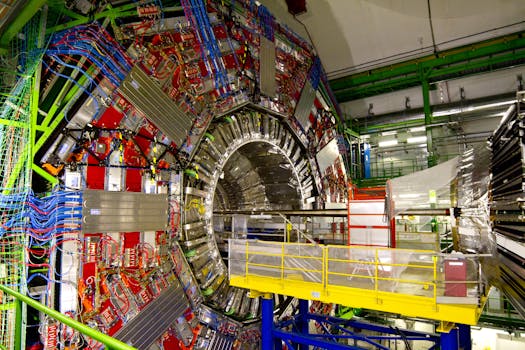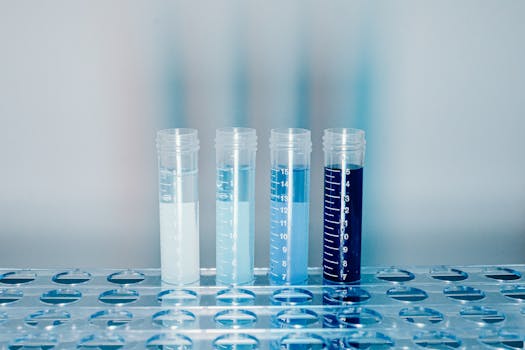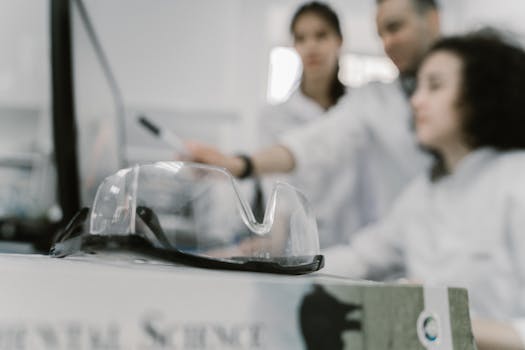You can do a degree or postgraduate qualification in:
- forensic science
- a related subject like chemistry, biological science, physics or medical sciences
Entry to jobs is competitive, so it may help to choose a university qualification accredited by The Chartered Society of Forensic Sciences.
Entry requirements
You'll usually need:
- 2 or 3 A levels, or equivalent, including chemistry
- a degree in a relevant subject for postgraduate study








